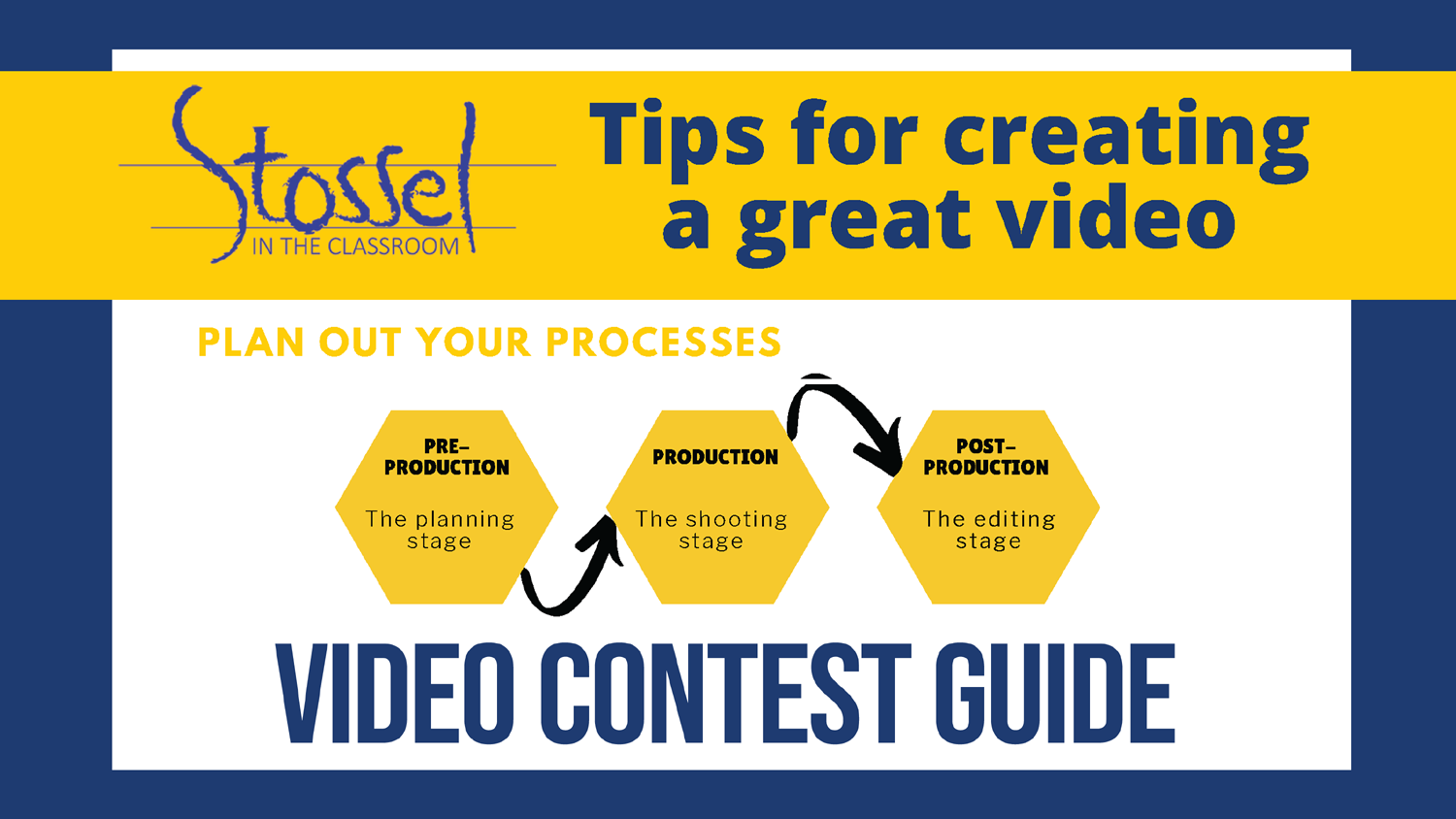The Truth About Tariffs: Who Really Pays?
Tariffs—taxes on imported goods—are often used by governments to protect domestic industries or as leverage in international negotiations. Supporters argue that tariffs protect local jobs and businesses from foreign competition. Critics say they raise prices for consumers, invite retaliation, and hurt economic growth.
In your entry, choose one specific tariff policy (from the past or present) and analyze its impact on individuals, businesses, and the economy. Discuss how the tariff policy you chose affected prices, jobs, consumer choice, and trade relationships, and explain who benefitted from the policy and who paid the price. Reflect on how tariff policies might affect your own life, family, or community today.






